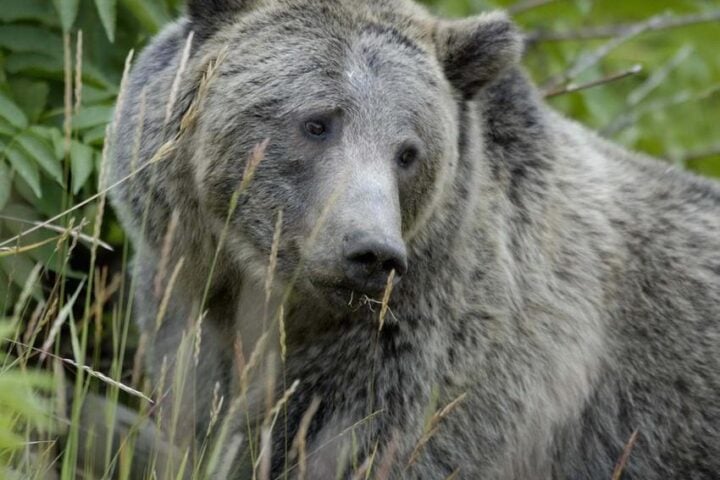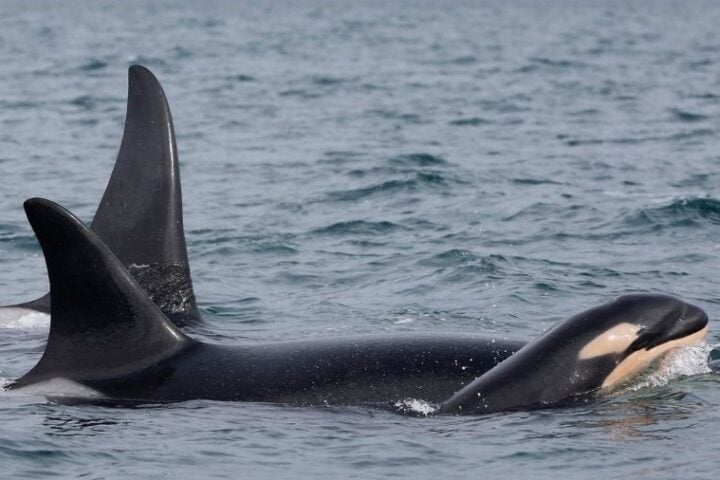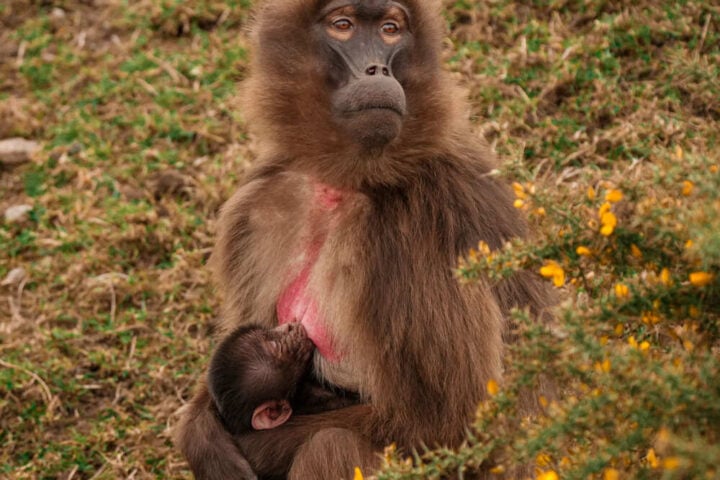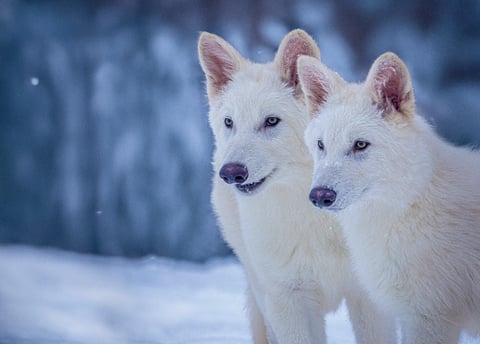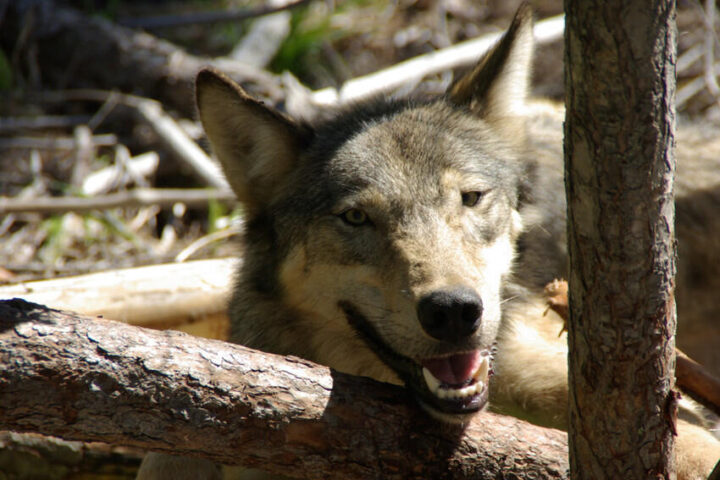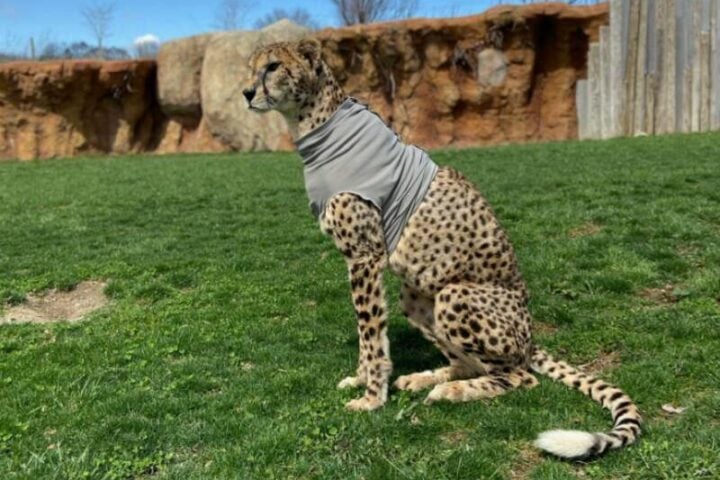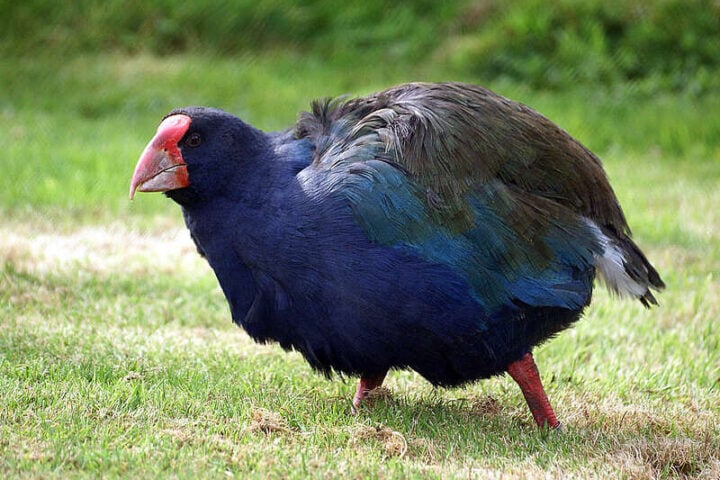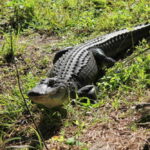Arizona’s long-standing practice of using dog packs to hunt mountain lions, bears, bobcats, and foxes faces a potential ban as conservation groups and hunters clash over its future. The Arizona Game and Fish Commission is set to consider a petition from several conservation organizations at their April 11 meeting in Phoenix that could end this controversial hunting method.
“The science is clear, packs of hunting dogs let loose on public lands cause significant harm to native ecosystems and wildlife. Their prohibition in Arizona is long overdue,” said Russ McSpadden, Southwest conservation advocate at the Center for Biological Diversity.
The Numbers Behind the Fight
The statistics highlight why this has become a flashpoint. Between 2020 and 2023, hunters using dog packs killed 748 mountain lions and 323 bears in Arizona. With the state’s entire mountain lion population estimated between 1,166 and 1,715 animals, this represents a substantial portion of the population.
Conservation groups including the Center for Biological Diversity, Sierra Club Grand Canyon Chapter, and Mountain Lion Foundation filed their petition in November 2024, setting the stage for the upcoming Commission decision.
Why Conservationists Want a Ban
The petition raises several key concerns about dog pack hunting:
Unfair Chase: Hunters now use GPS-collared dogs tracked via smartphone apps, allowing them to monitor the hunt remotely, sometimes from their vehicles. Critics argue this violates the traditional “fair chase” principle that has guided hunting ethics for over a century.
Endangered Species Impact: Dog packs have chased and treed federally protected species. At least five jaguars have been pursued or harmed by hounds since 1996, including one named Sombra who abandoned his preferred habitat after being chased by packs of up to 30 dogs. Similarly, endangered ocelots have been treed more than a dozen times since 2011.
Similar Posts:
Public Safety: Unleashed dog packs on public lands have reportedly confronted hikers and other outdoor enthusiasts, creating potential safety hazards.
Ecological Disruption: The constant chase creates what ecologists call a “landscape of fear,” altering wildlife behavior and potentially affecting everything from feeding patterns to reproduction success for numerous species beyond those being hunted.
R. Brent Lyles, executive director of the Mountain Lion Foundation, put it bluntly: “Mountain lions are critically important, and they deserve better than to be shot out of a tree after being cornered there by hounds wearing radio collars.”
Hunters Push Back
Hunters who use dogs argue that the practice serves as an important wildlife management tool for predator control. Many see it as a cherished tradition and integral part of their lifestyle, particularly in rural Arizona.
The strength of their opposition was evident when House Bill 2552, which aimed to protect the right to hunt with dogs under state law, narrowly failed in the Arizona House in March 2025. Had it passed, the bill would have limited the Game and Fish Commission’s ability to ban the practice outright.
What’s Next?
The Commission’s April 11 meeting represents a critical juncture for both sides. The agenda confirms they will “consider the petitions submitted by the Center for Biological Diversity and others” to amend regulations on lawful methods and seasons for taking wildlife.

The proposed ban would only restrict the use of dogs in recreational hunts for large mammals. It would not apply to bird hunting or managing wildlife that damages property through permitted hunts.
Whatever the Commission decides will likely shape the future of wildlife management in Arizona for years to come, balancing traditional hunting practices against growing concerns about wildlife conservation and public land use.
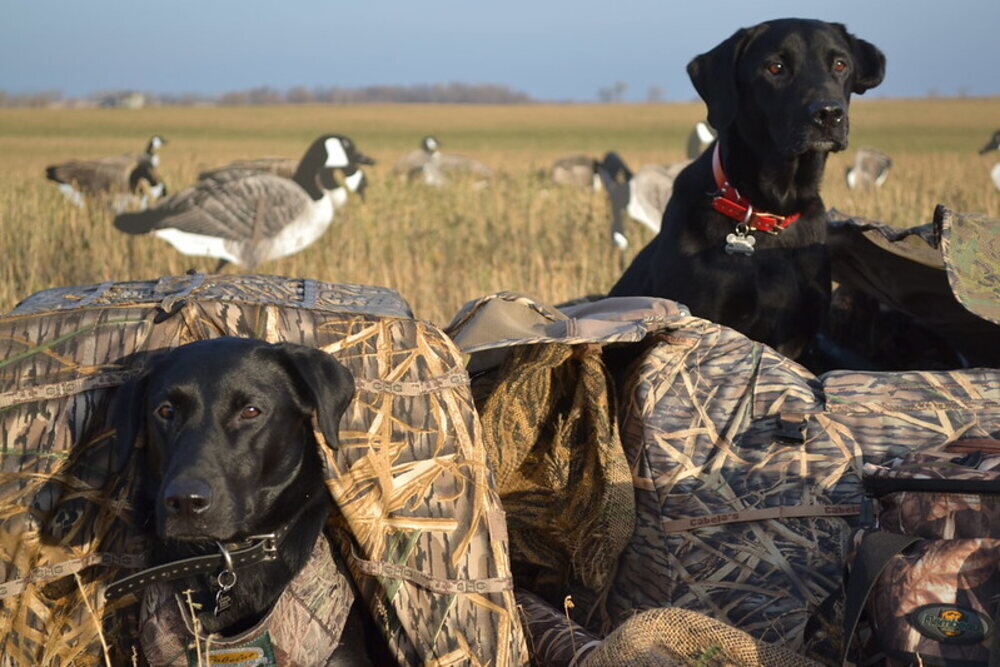


![Representative Image: European Starling [49/366]. Photo Source: Tim Sackton (CC BY-SA 2.0)](https://www.karmactive.com/wp-content/uploads/2025/04/Starlings-Drop-82-in-UK-Gardens-as-Birdwatch-2025-Reveals-Record-Low-Count-Since-1979-720x480.jpg)
